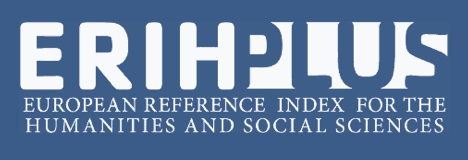Unveiling the Dynamics of Ethical Leadership: Empirical Insights and Impact on Organizational Outcomes
Abstract
This article presents a research study that explores the relationship between ethical leadership, self-efficacy, and employee innovative behavior and knowledge sharing behavior in the textile industry of Pakistan. As a significant sector employing a substantial portion of the country’s workforce, understanding the interplay of leadership and employee behaviors in the textile industry is critical. Employing a quantitative research approach, primary data is collected through an adapted structured questionnaire using a 5-Likert scale to measure responses. The questionnaire assesses participants’ perceptions of their leaders’ ethical behavior, their self-efficacy, and their innovative and knowledge-sharing behaviors. The sample consists of 350 participants working in apparel outlets and textile firms in Islamabad and Rawalpindi, selected through convenience sampling. Statistical analyses in SPSS software include correlation, regression, and mediation analyses. The results reveal a positive impact of ethical leadership on self-efficacy in the textile industry of Pakistan, indicating that ethical leaders inspire self-confidence and self-belief in their employees. In turn, this self-efficacy drives innovative behavior and knowledge sharing among employees. Furthermore, the study finds that self-efficacy mediates the relationship between ethical leadership and employee innovative behavior and knowledge sharing. This suggests that self-efficacy acts as a mechanism through which ethical leadership influences employee behavior. The study concludes that ethical leadership is crucial in fostering innovative and knowledge-sharing behaviors among employees in the textile industry of Pakistan. These findings have practical implications for leaders, highlighting the importance of ethical leadership and its potential to inspire and motivate employees to engage in innovative and knowledge-sharing behaviors. This research sheds light on the significance of ethical leadership in promoting positive organizational outcomes in the textile industry and beyond.

This work is licensed under a Creative Commons Attribution-NonCommercial 4.0 International License.













.jpg)








